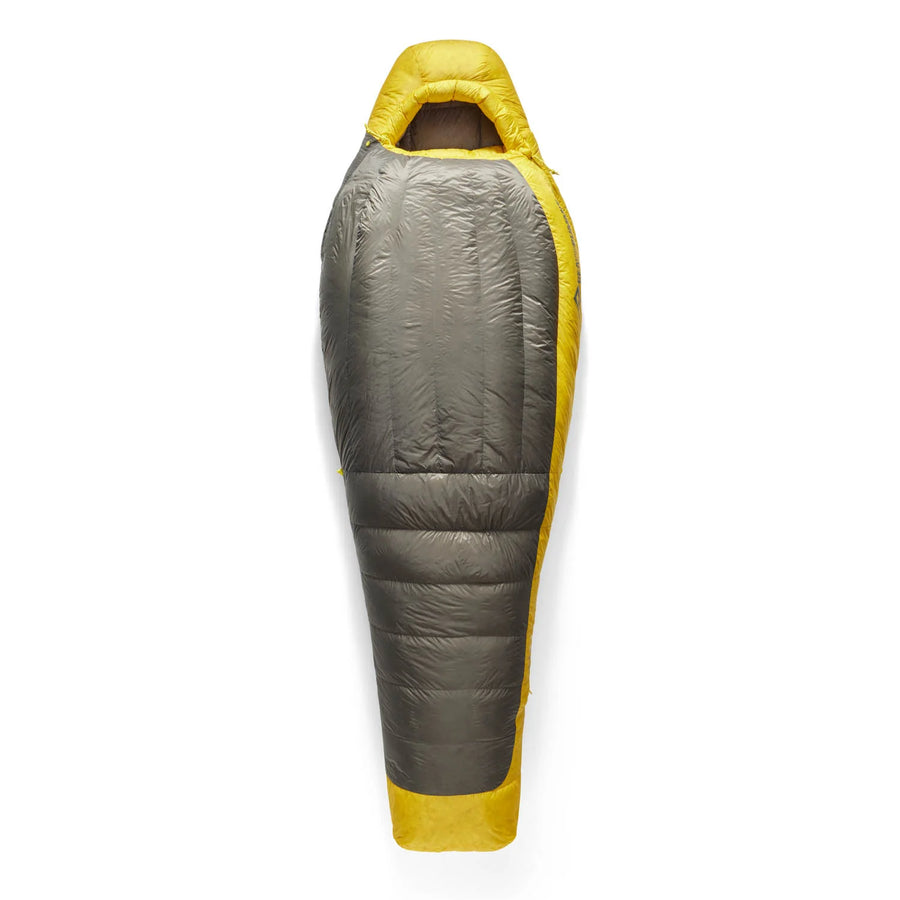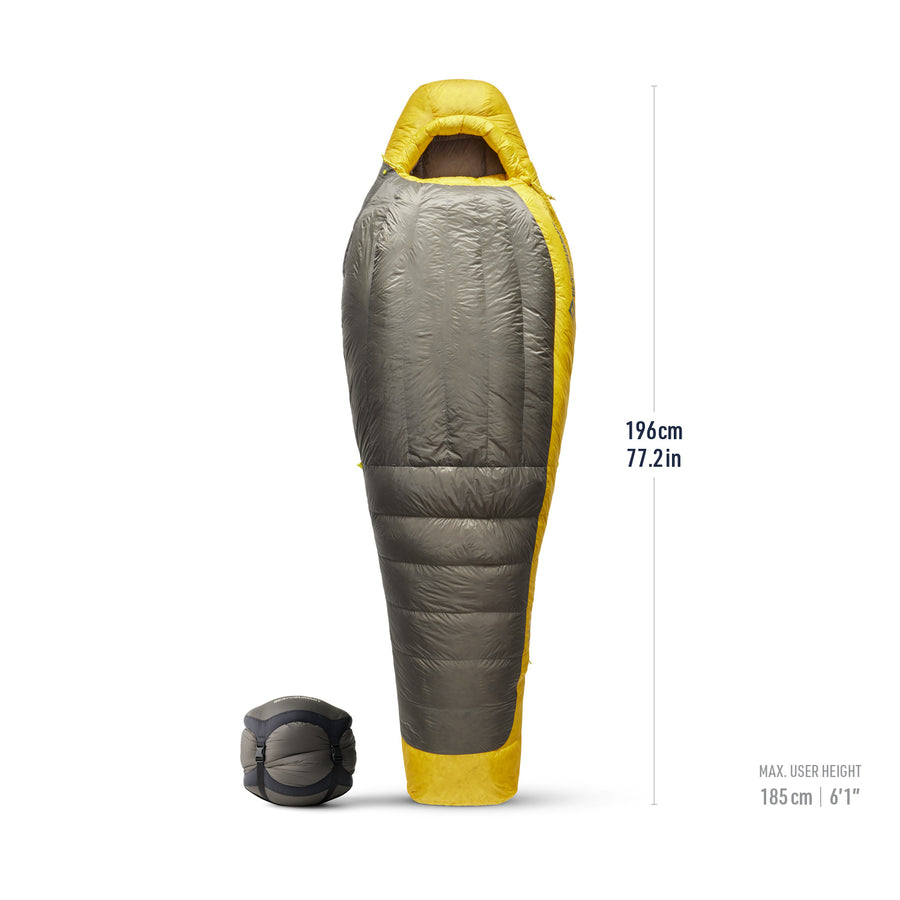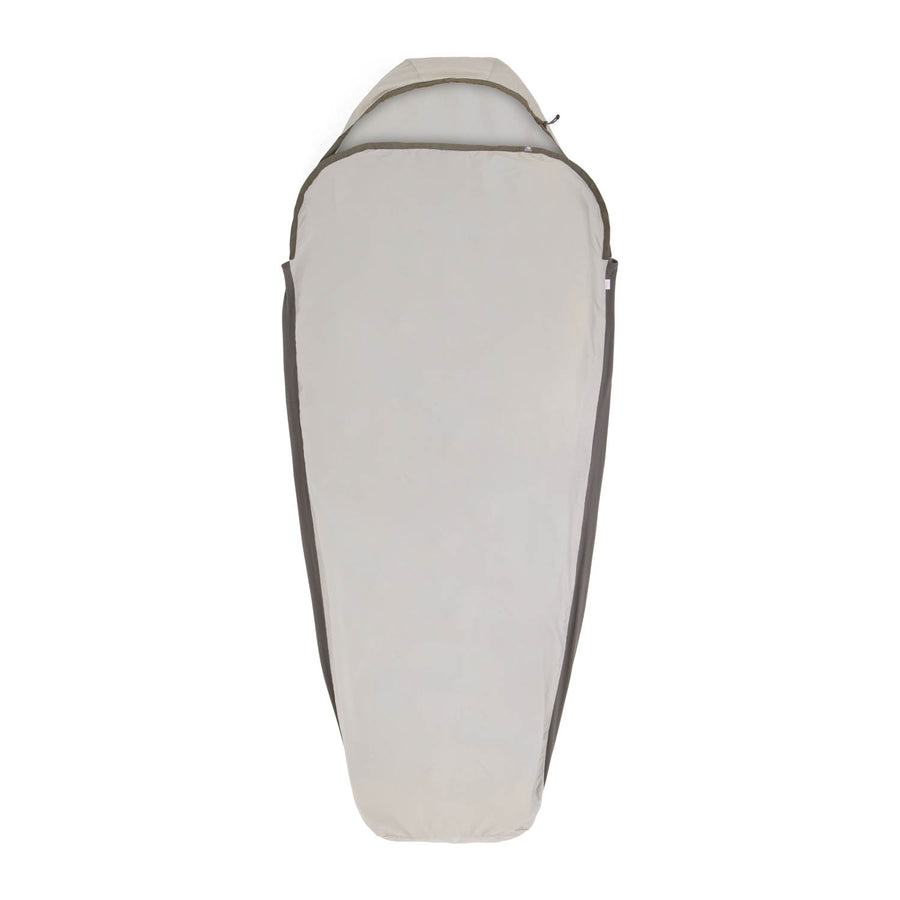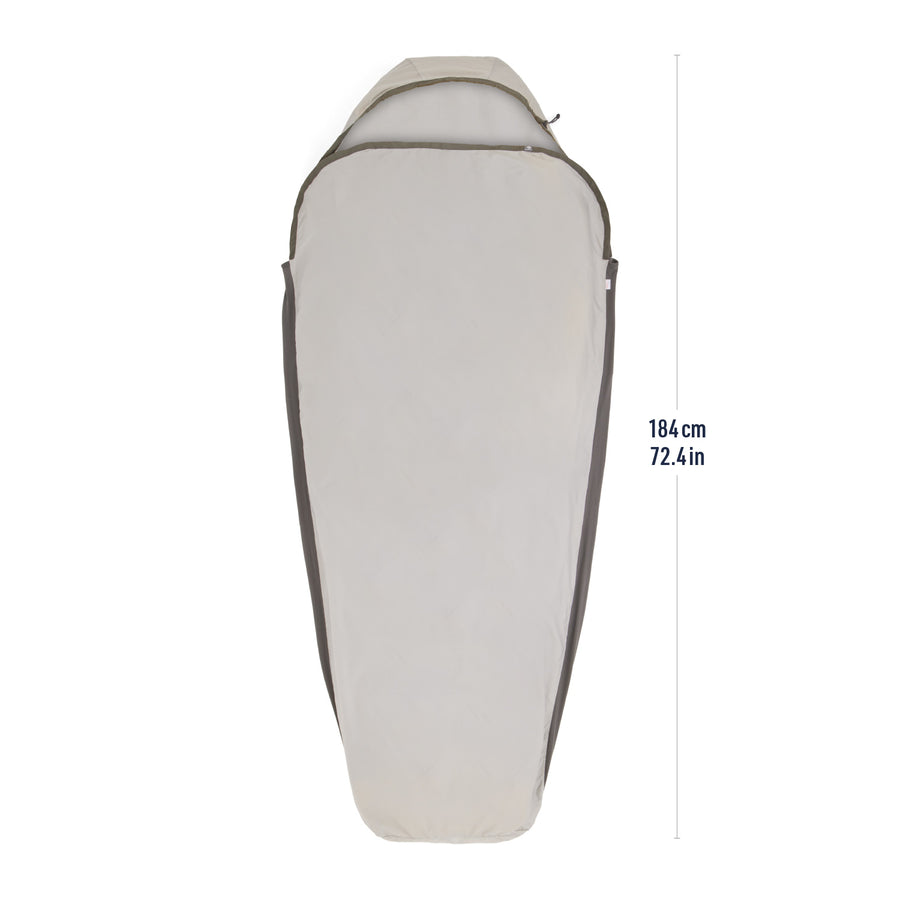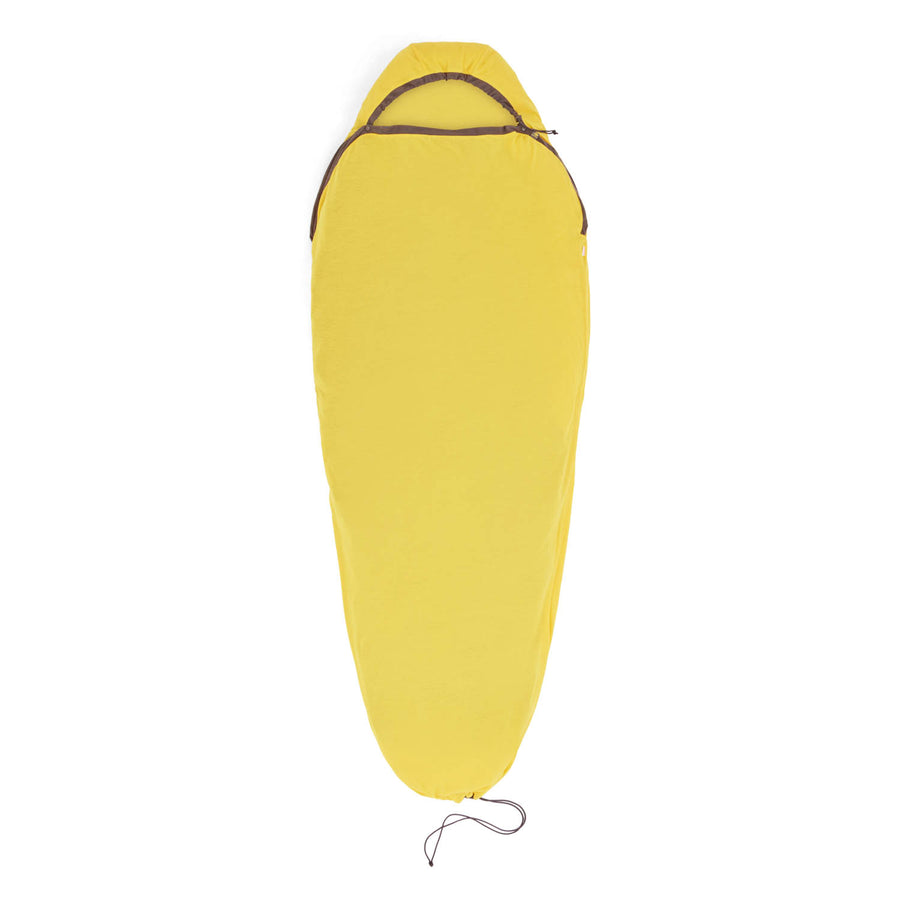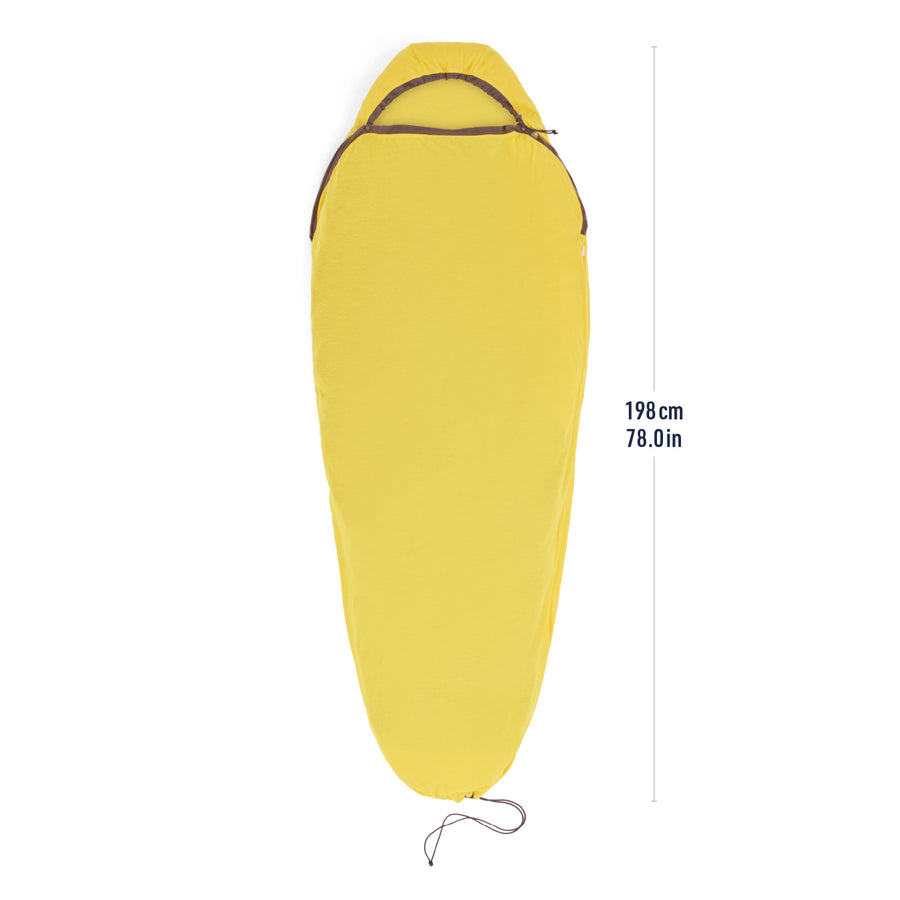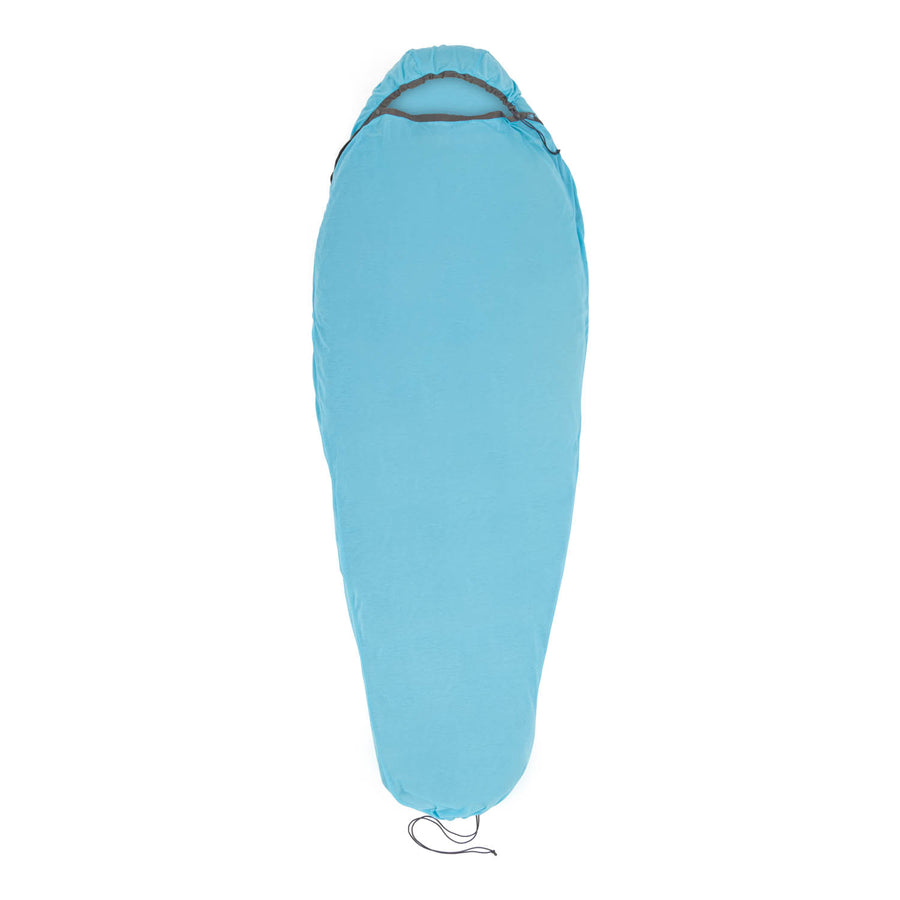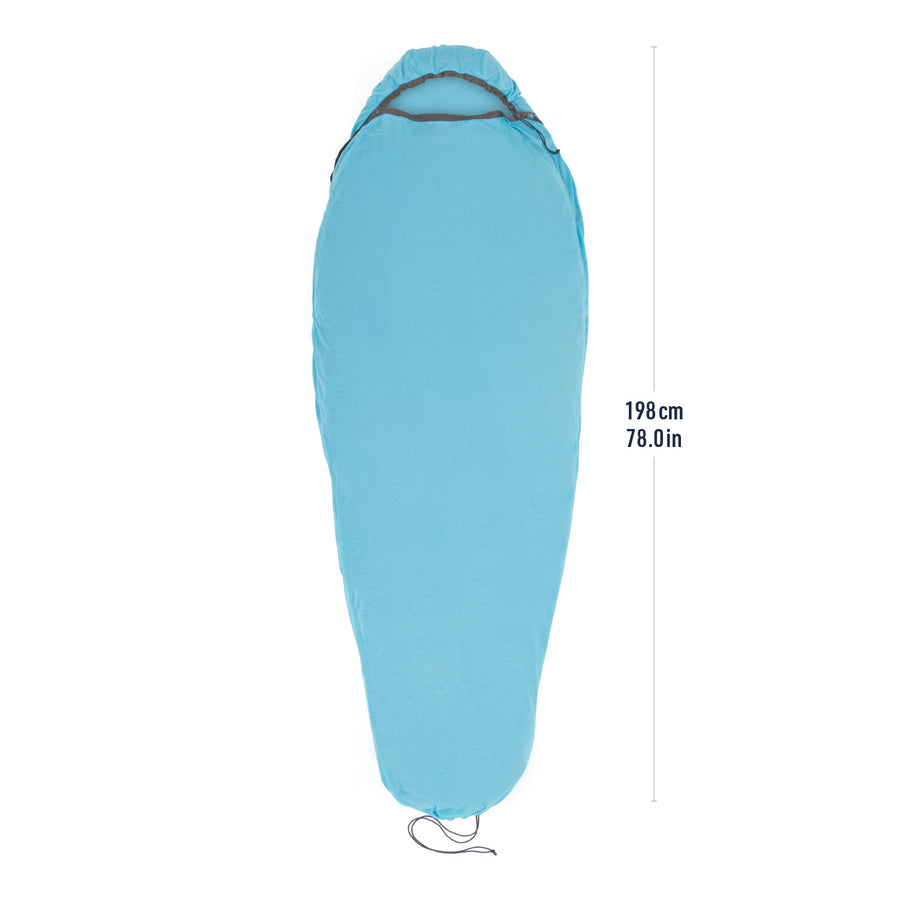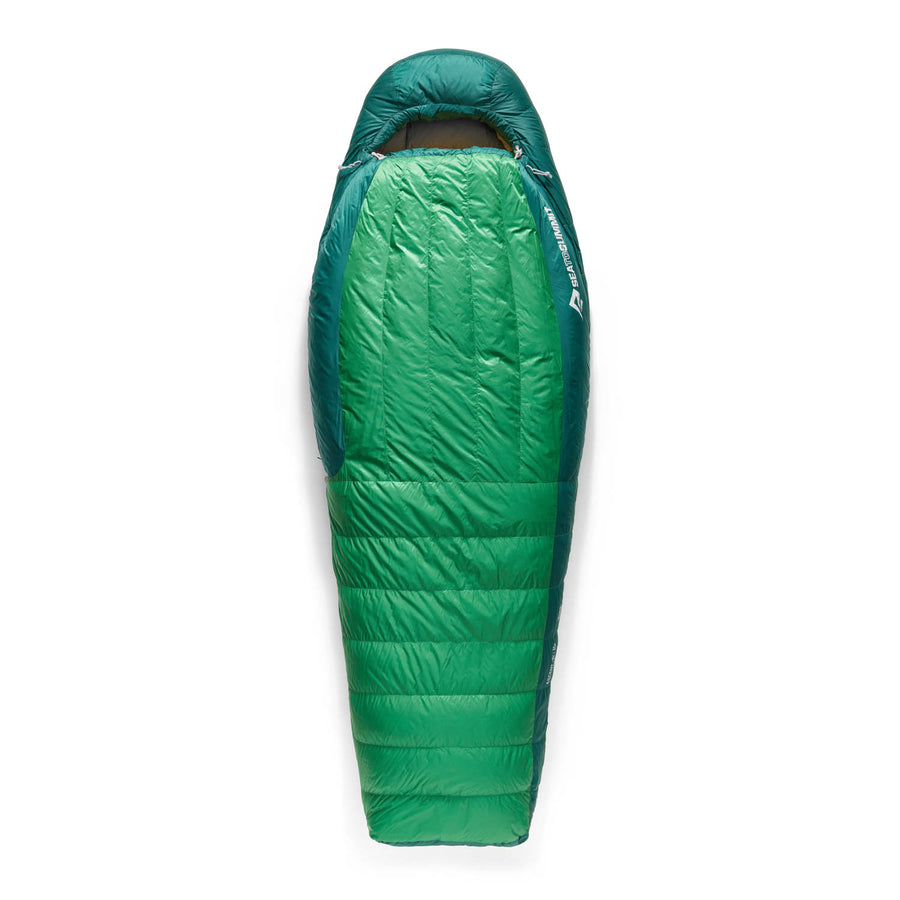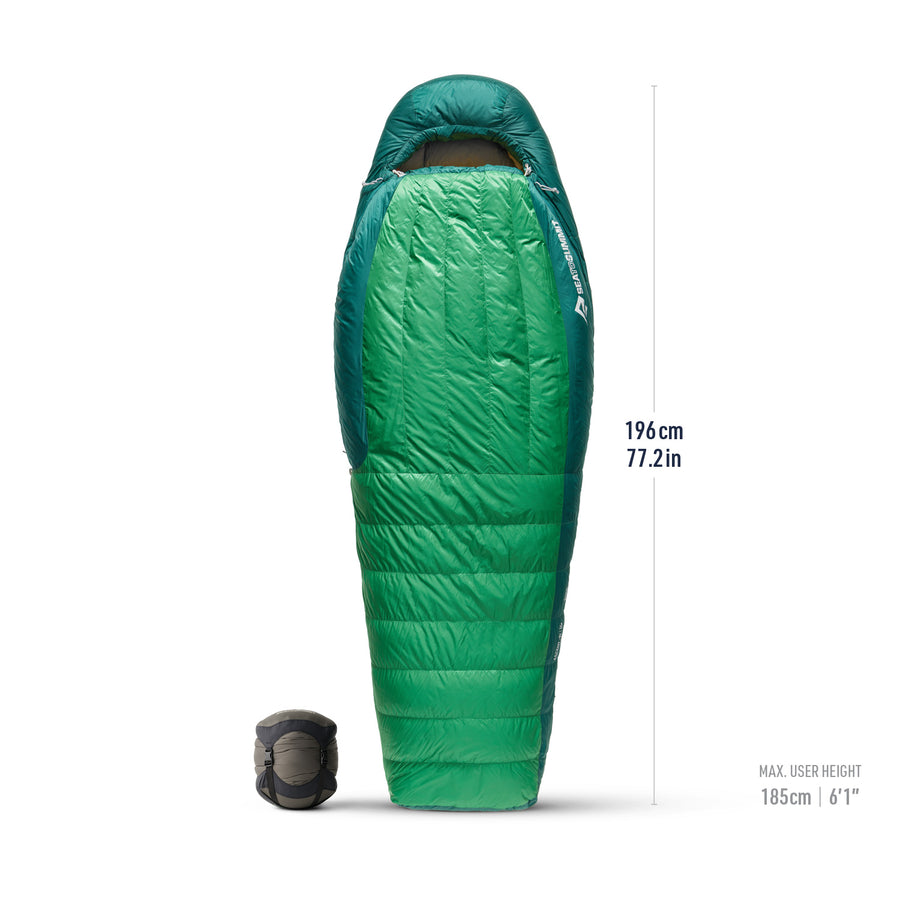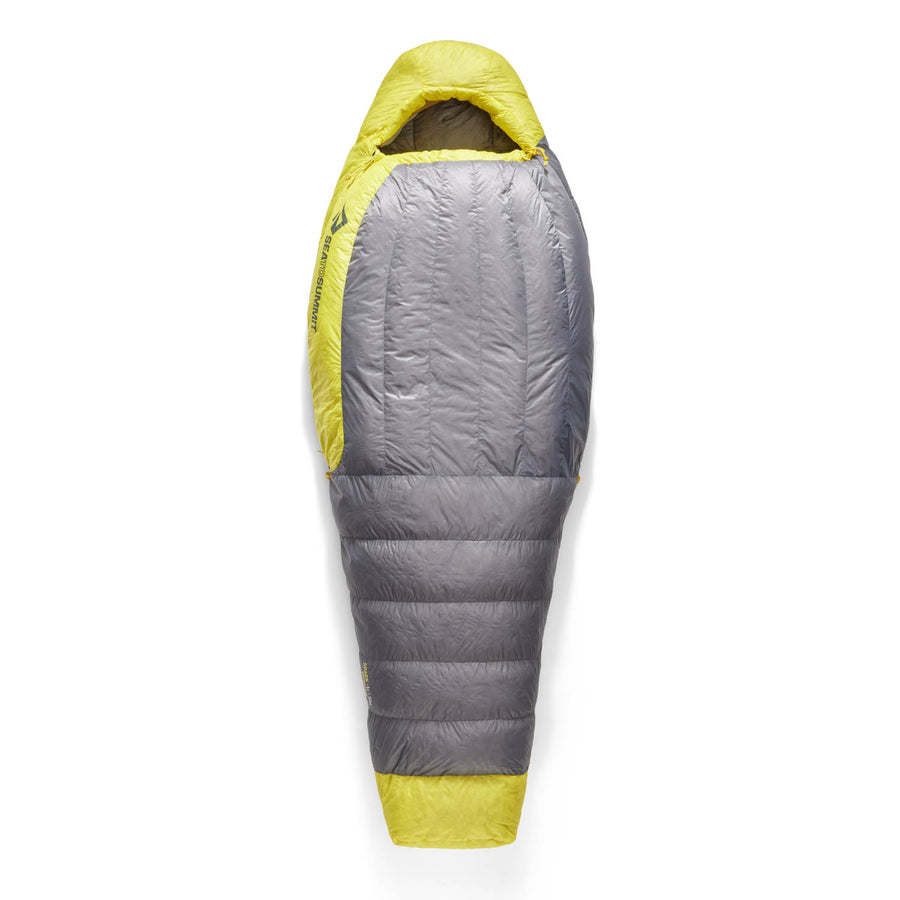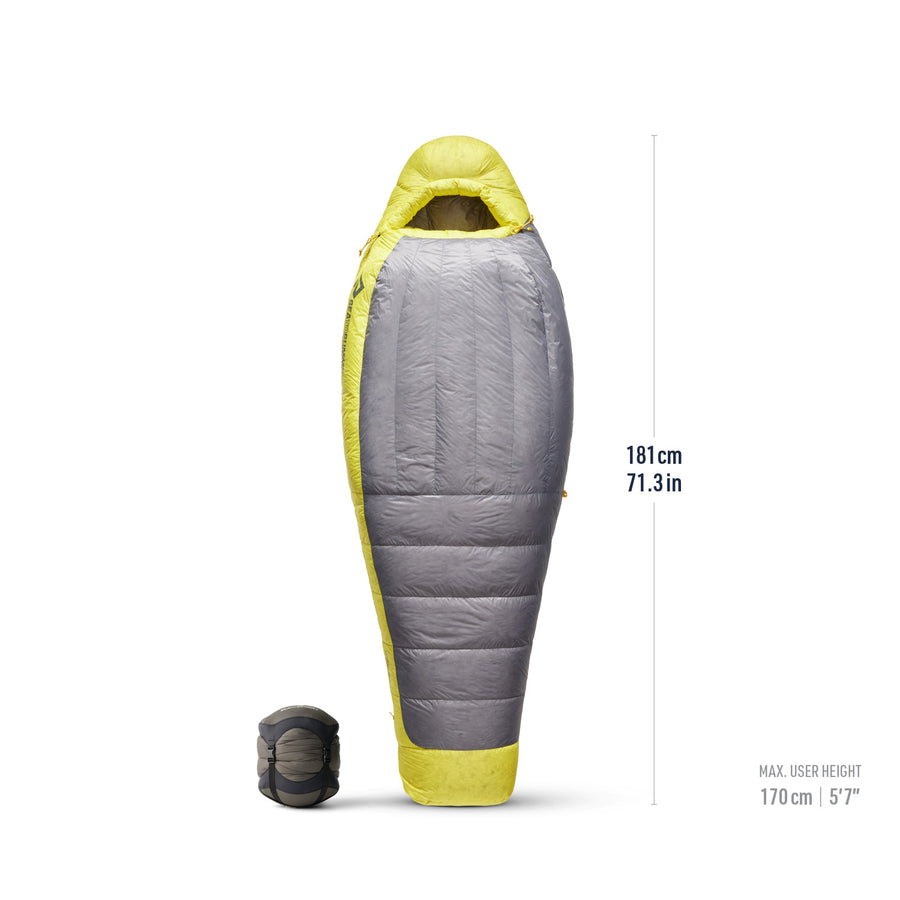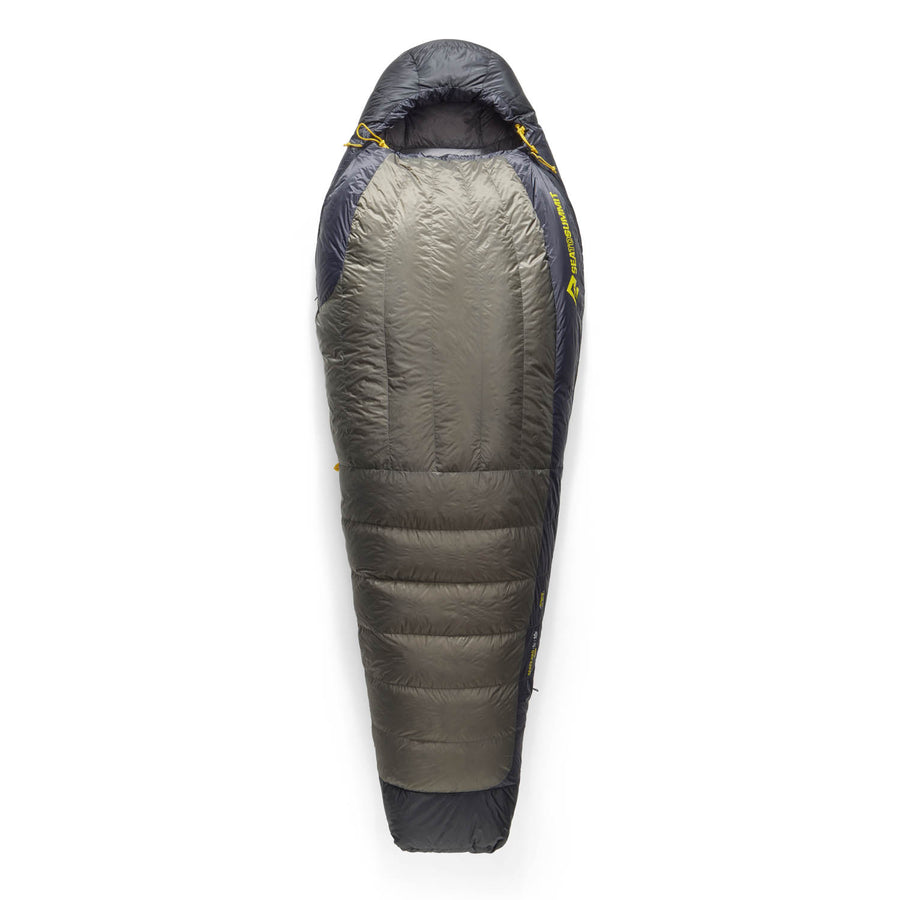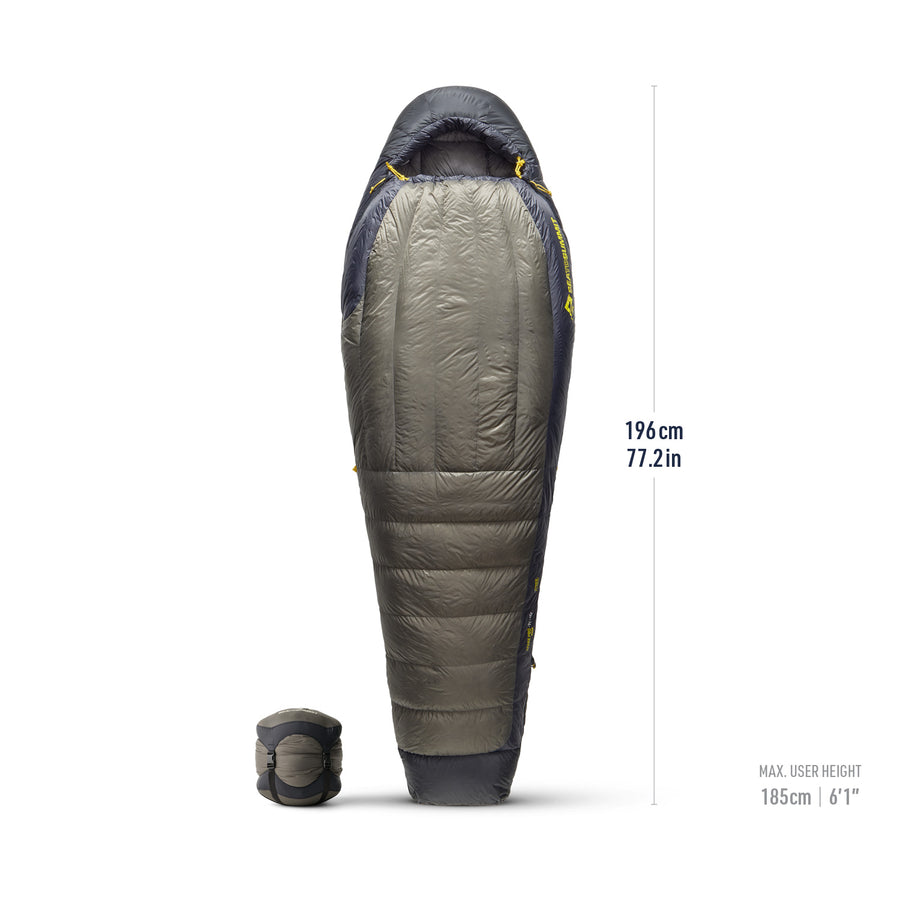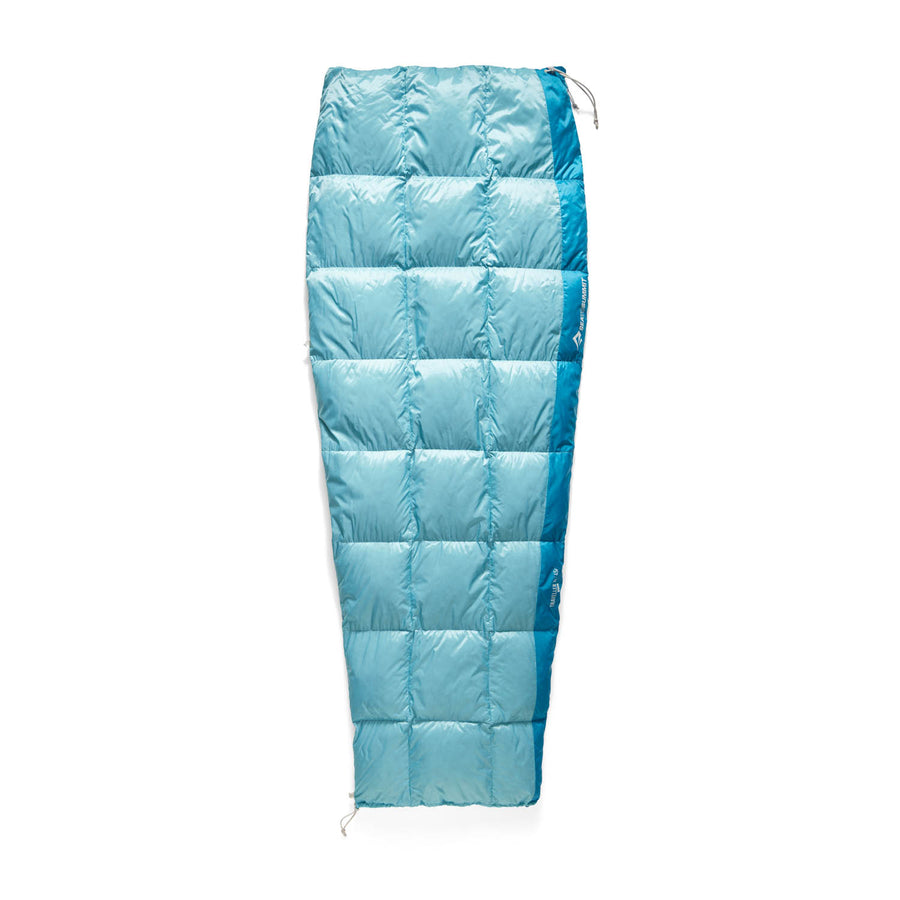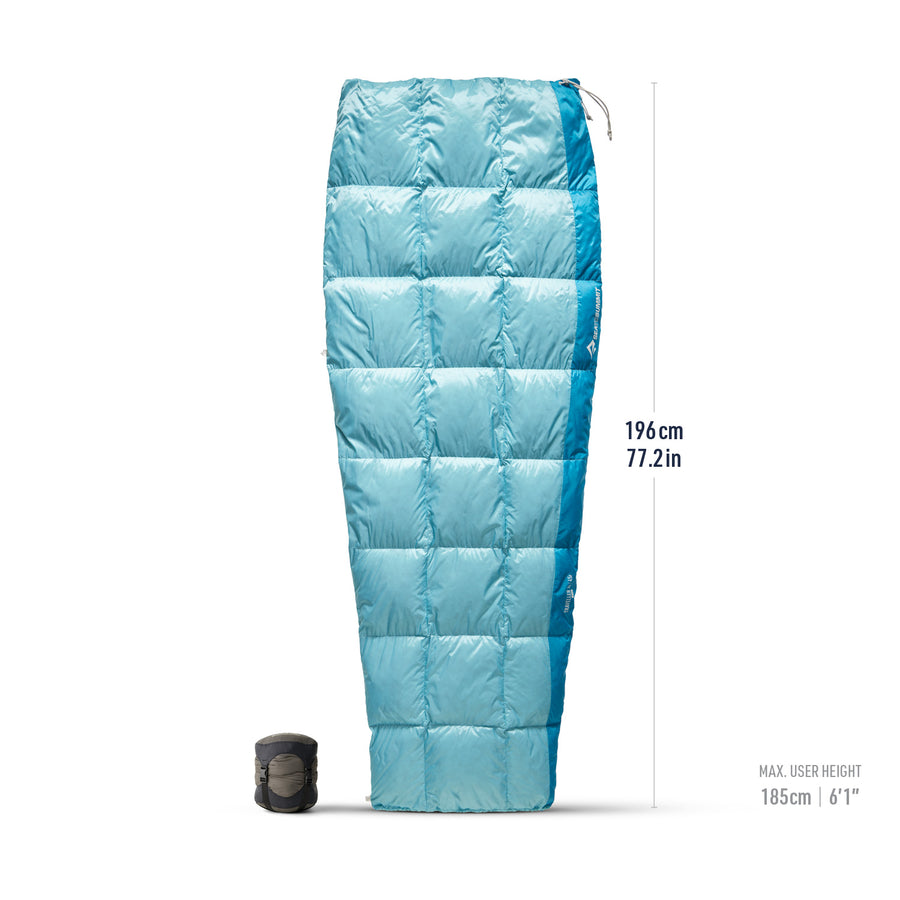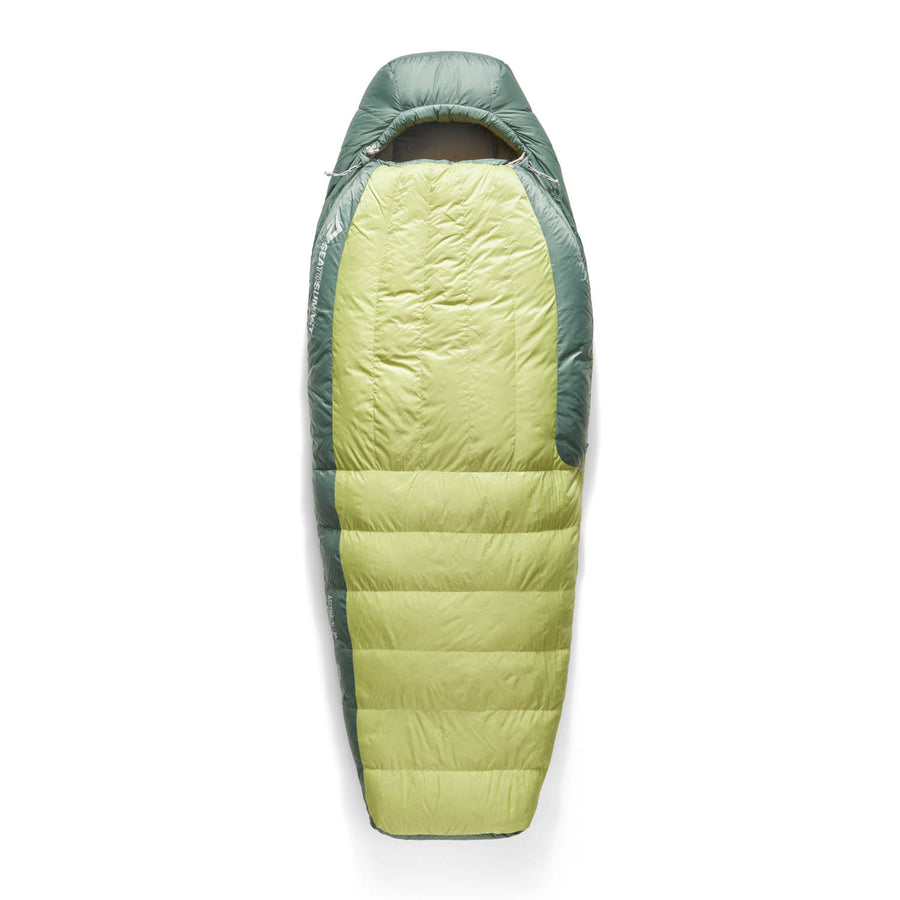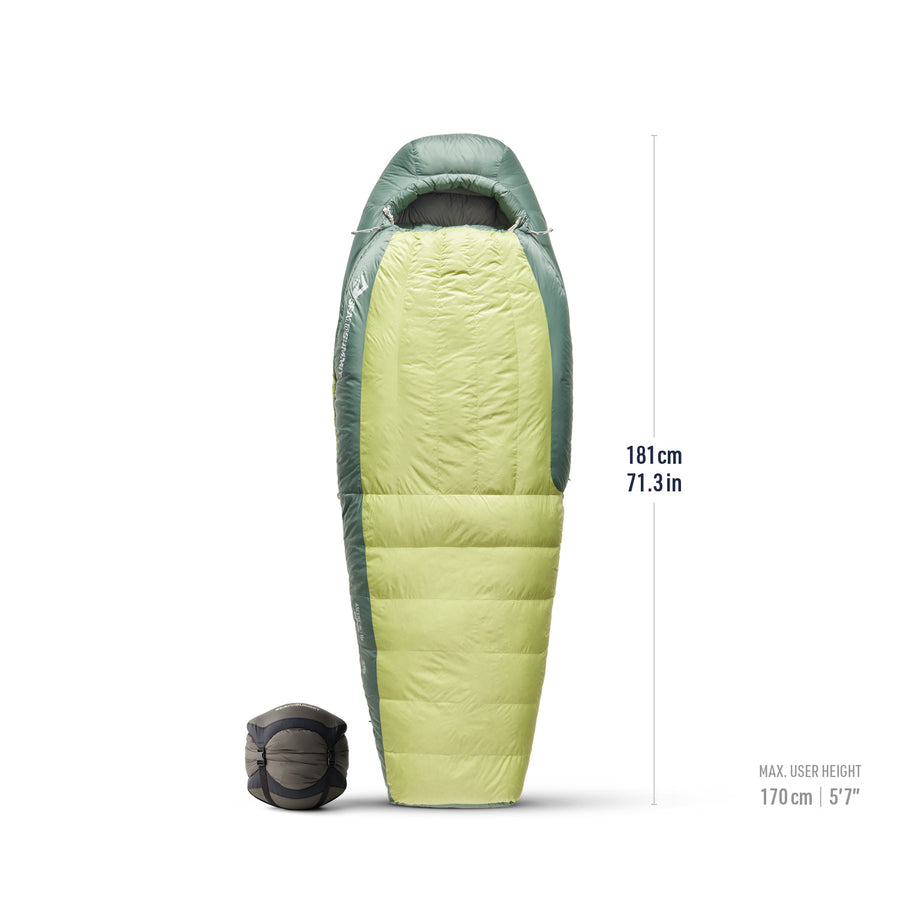Ultralight Sleeping Bags
Engineered for those who prioritize weight and packability, our ultralight sleeping bags ensure you travel light while staying warm. Perfect for backpacking and minimalist camping, experience the ultimate in performance and convenience
Compare Products
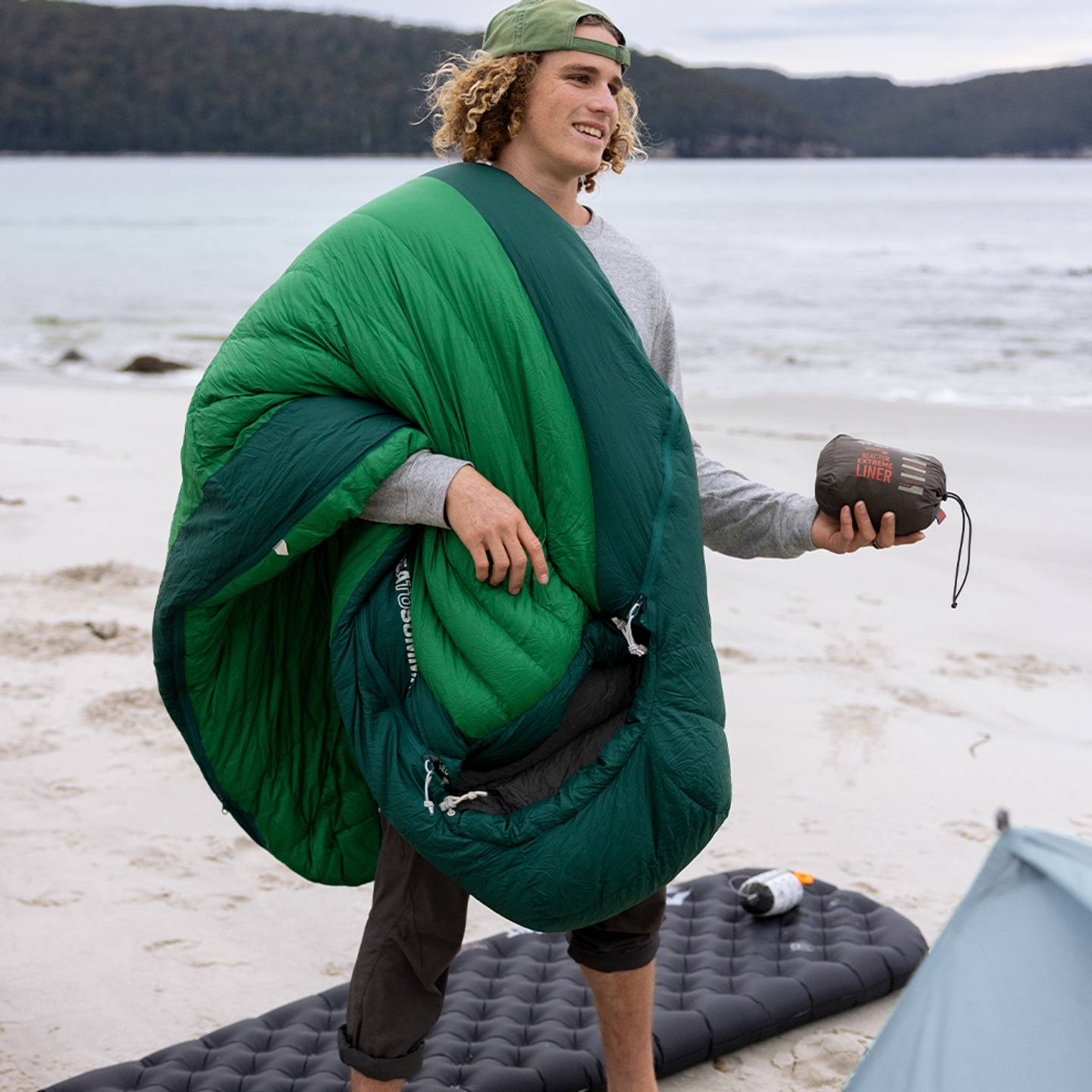
Ultralight Sleeping Bag DesignPeak Performance
Embark on your next adventure with confidence, equipped with Sea to Summit's ultralight sleeping bags. Expertly engineered for those who prioritize weight and packability without sacrificing warmth and comfort, our ultralight sleeping bags are the perfect companion for any minimalist adventurer. Whether you're thru-hiking, bikepacking, or fast-packing, our sleeping bags provide the ideal balance of performance and convenience.
Our sleeping bags are meticulously designed to deliver maximum warmth with minimal weight. Utilizing advanced materials like high-loft, RDS-certified down and premium synthetic fills, our sleeping bags ensure optimal insulation in a lightweight package. Features such as tapered profiles, ultralight zippers, and strategic baffling work together to reduce weight while maintaining superior thermal efficiency, allowing you to travel further and faster.
